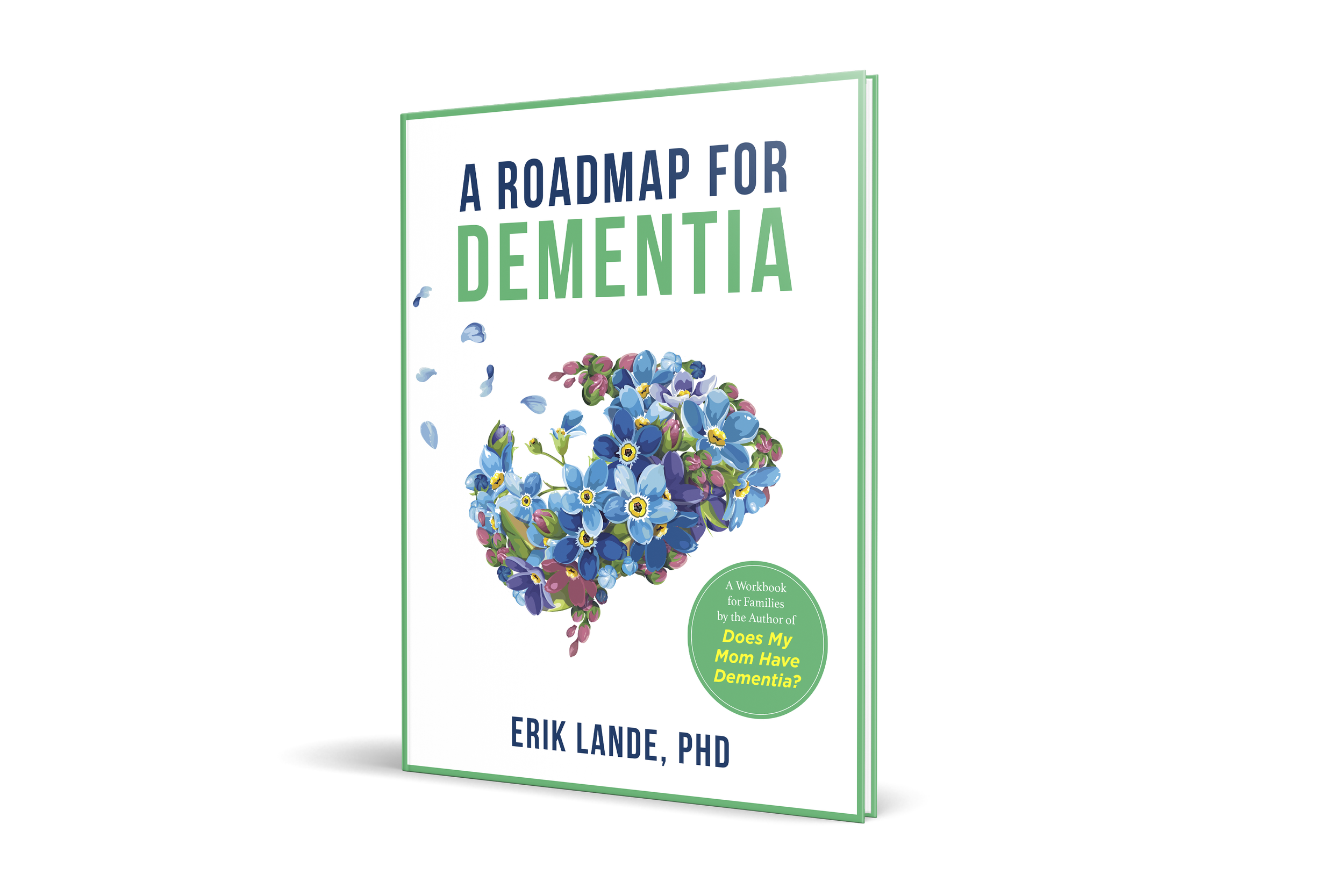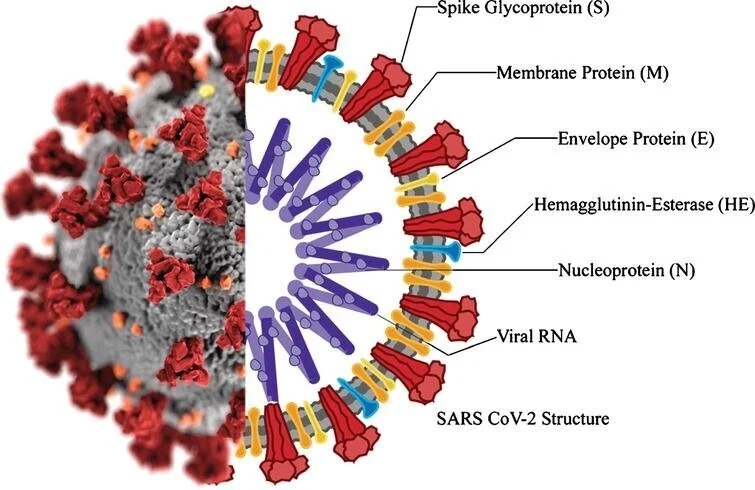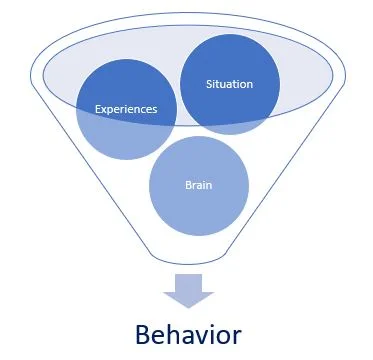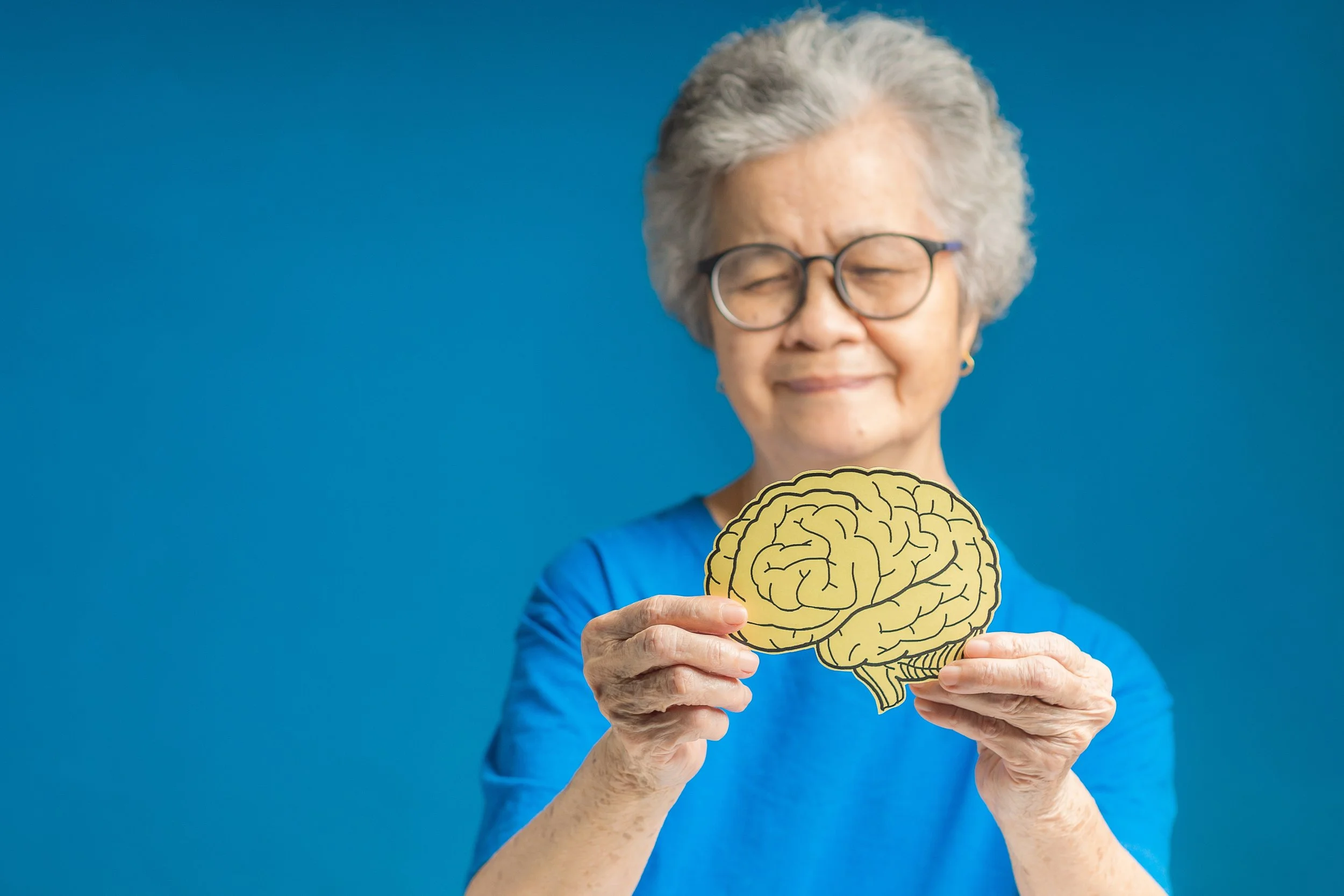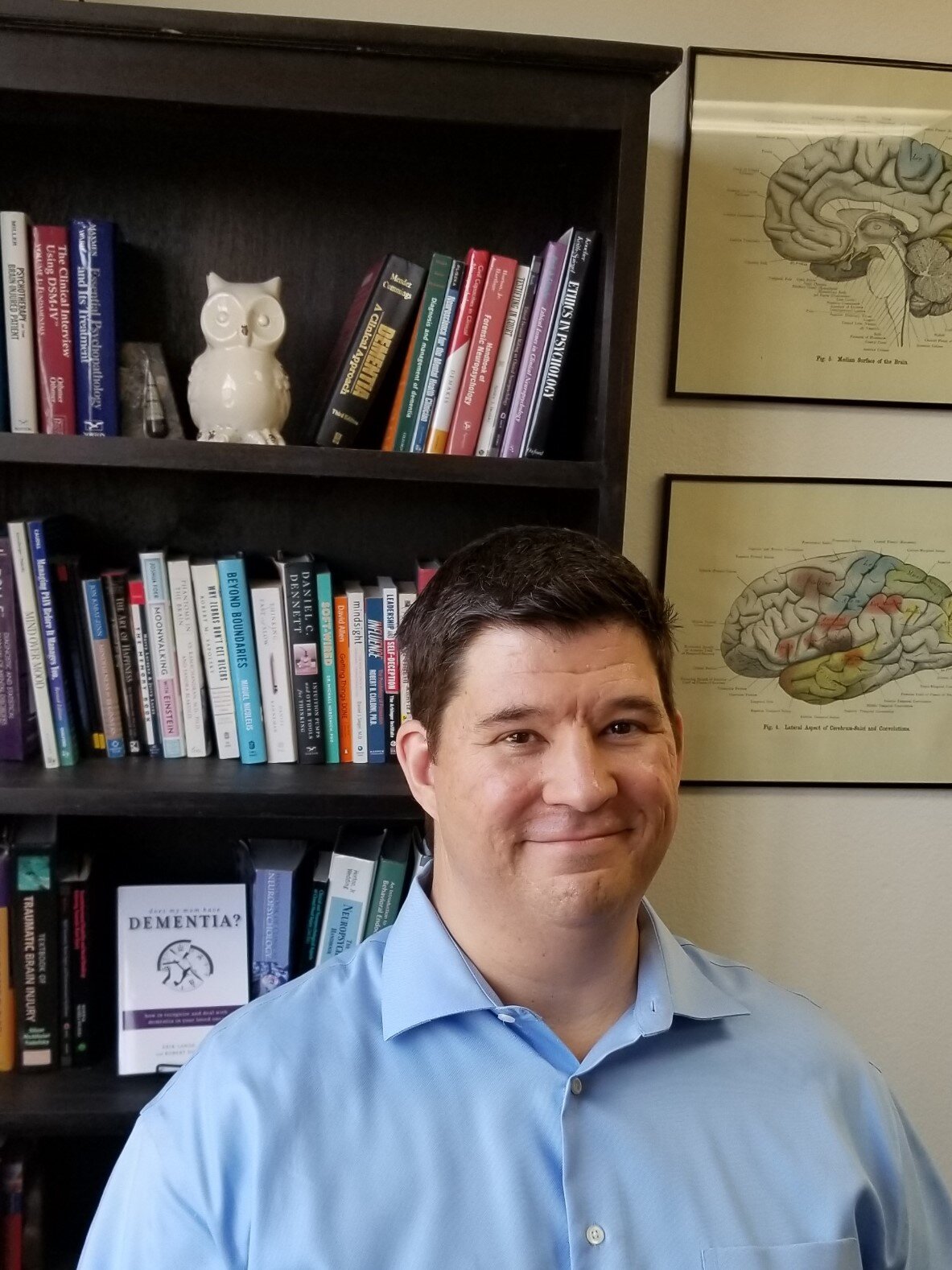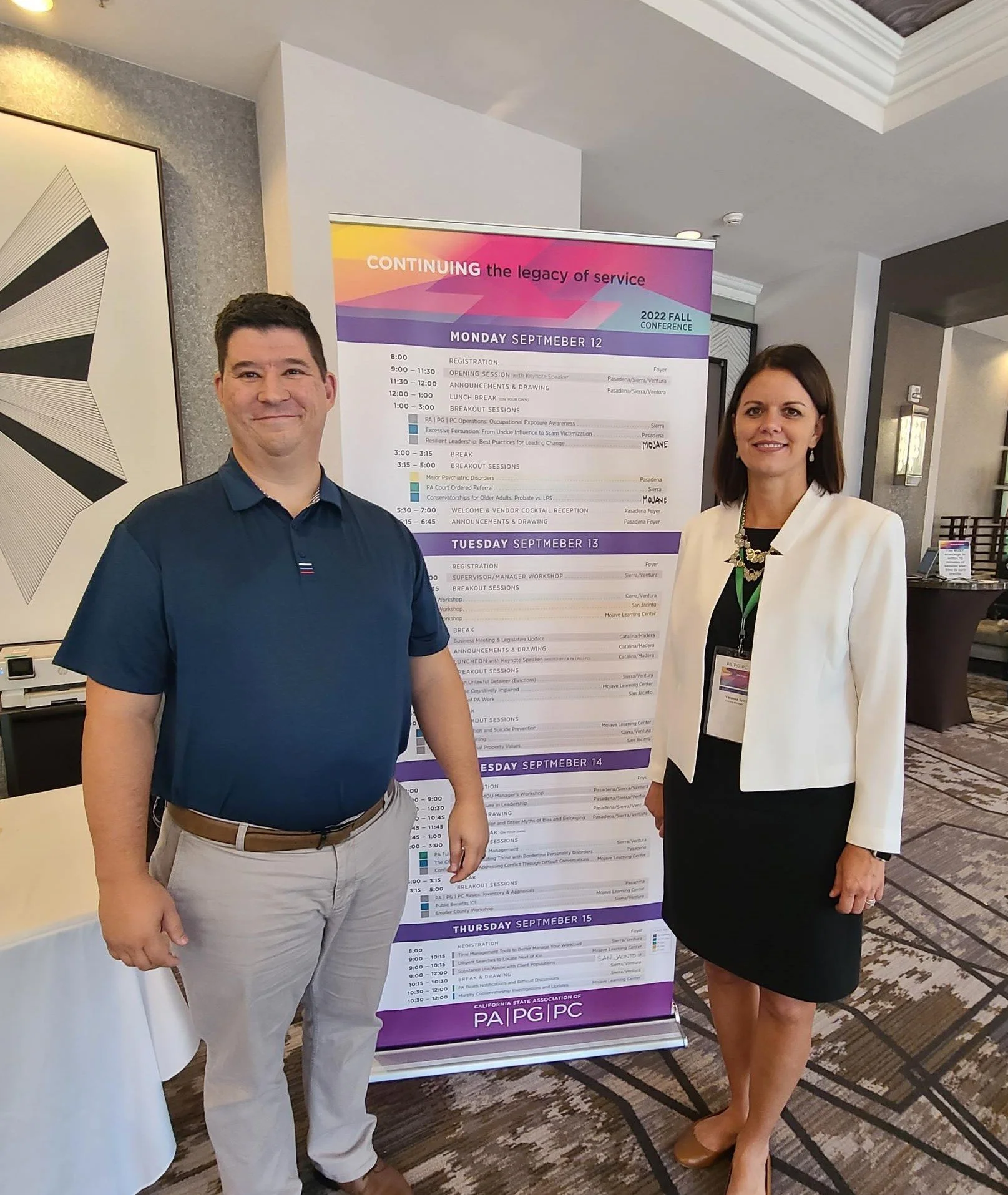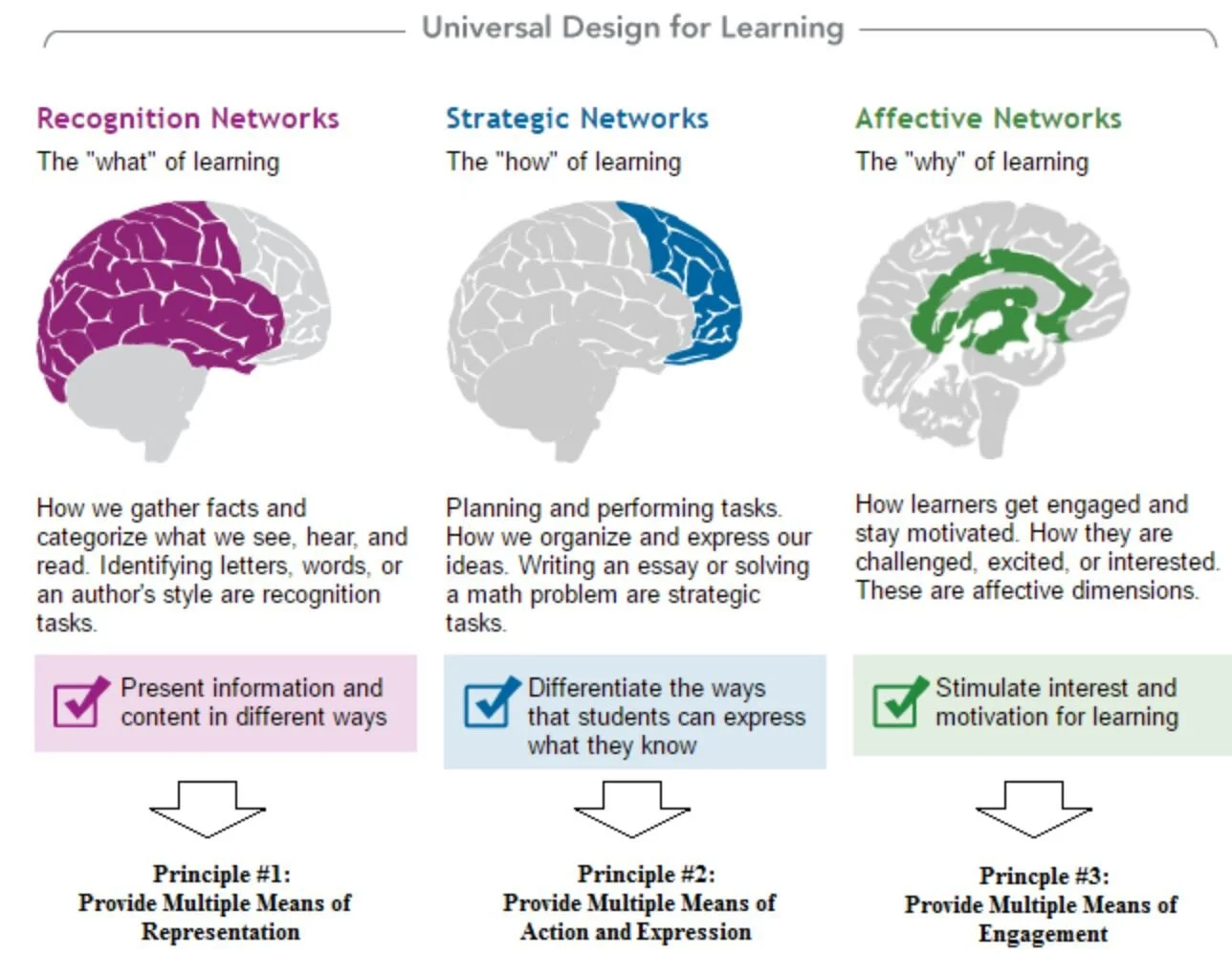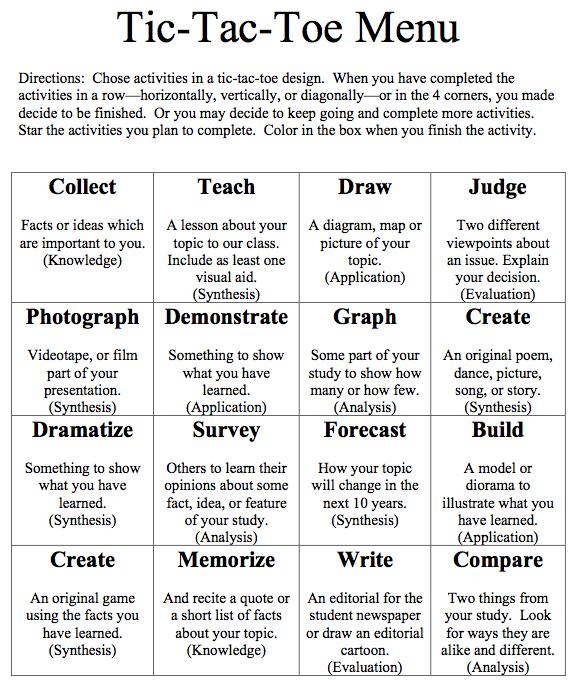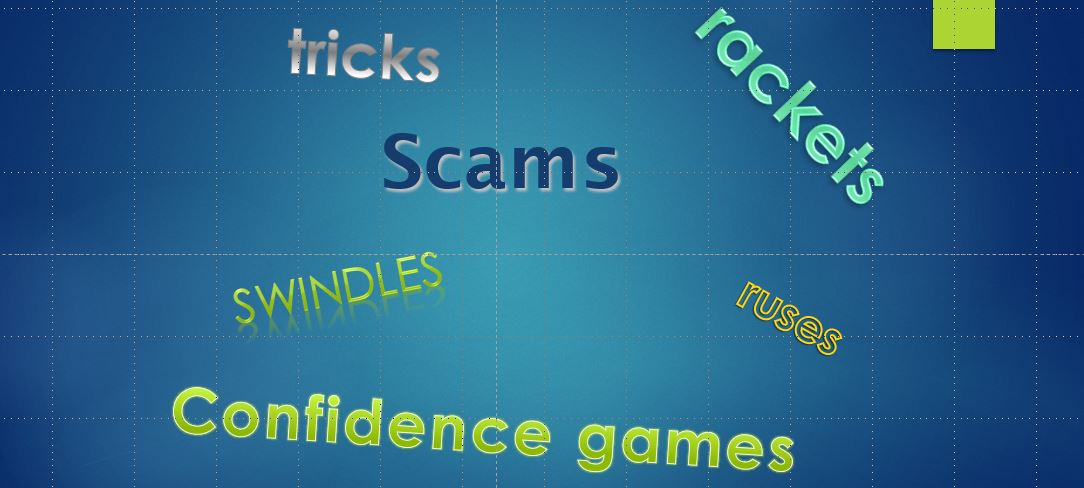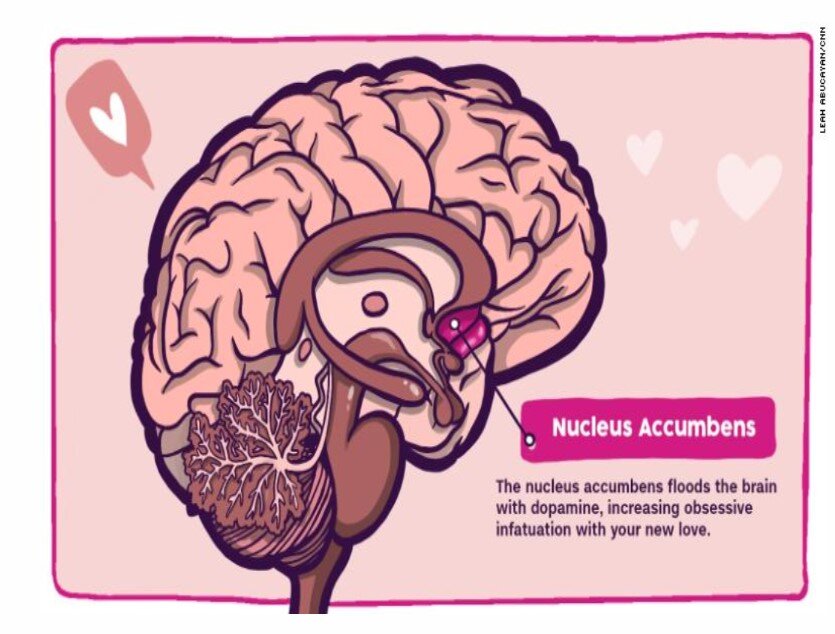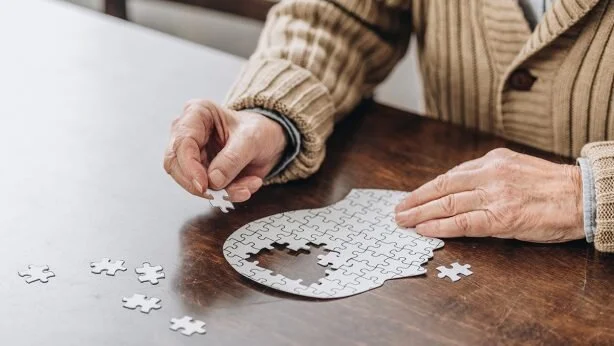Thank you to the Parkinson's Association of Santa Barbara for Having Me Present Last Week on How Parkinson's Affects Cognition
It was a pleasure to provide a zoom lecture for the Santa Barbara Parkinson’s Association last week. The Parkinson’s Association of Santa Barbara (PASB) was founded in 1978 and was the first Parkinson’s group in California. They provide information monthly meetings on topics related to Parkinson’s and also offer symposia for medical providers, making them a wonderful resource for the Santa Barbara community.
I spoke for about an hour on the topic of Parkinson’s disease. However, although we usually focus on the movement difficulties associated with Parkinson’s, in this talk the focus was on the thinking difficulties that can accompany this illness, including what about Parkinson’s causes problems with memory and concentration, but more importantly what steps we can take to protect our brains as we age.
INTERESTED IN WATCHING THE TALK?
It is available for free on our online classes site, insightneuropsych.teachable.com. The site will require you to register, but the class is free. While you are there, feel free to check out the other classes we offer on the aging brain and caregiving.
The video class is broken up into 5 digestible video chunks, including:
Cognitive Impairment in Parkinson’s Disease: Causes and Prevalence
Cognitive Impairment in Parkinson’s Disease: How It Presents
Dementia in Parkinson’s Disease
How to Age Well
Know the Risk Factors of Dementia?
It can be difficult to know when something is wrong. There are normal changes associated with aging, and many other issues can masquerade as dementia. For this reason, I created a book on how to understand the aging brain, recognize signs of dementia, and how to understand the treatment, work effectively with doctors, and remain an effective caregiver. My book is now in its second edition, and I have added a workbook to help families.
Everyone deserves to understand their brain, how it ages, and is it healthy. Our books provide a roadmap to help you determine if you should be concerned and how you can help yourself and your loved ones. This includes learning about the types of dementia, conditions that can be mistaken for dementia, how to interact with doctors, and what treatments and care is out here.
Our new workbook helps to provide worksheets and tools to support you and your loved one with that the stresses that can arise with dementia, be it due to Alzheimer’s disease, vascular disease or Lewy body disease.
In particular, “A Roadmap for Dementia“ provides tools to help:
Create a memory book to support your loved one and assist caregivers
Develop a strategy to understand behaviors seen in dementia
Learn to cope with agitation and psychosis
and for communicating effectively with your loved ones with dementia
Perhaps you are more of a watcher than a reader
We have also created a series of online video classes focused on understanding the brain and dementia, caregiving strategies, how to keep our brains strong, and even a video course on how to make the holidays a little easier for your loved one with dementia.

